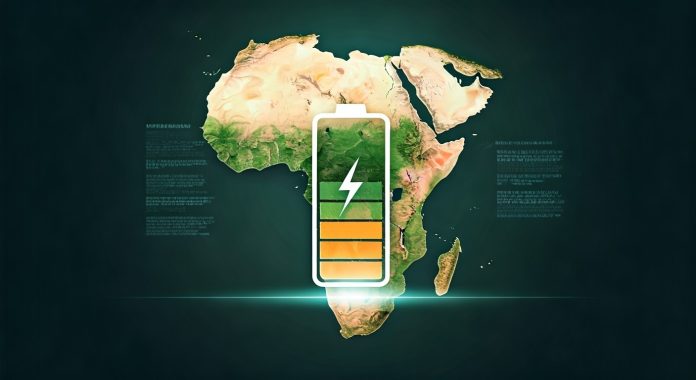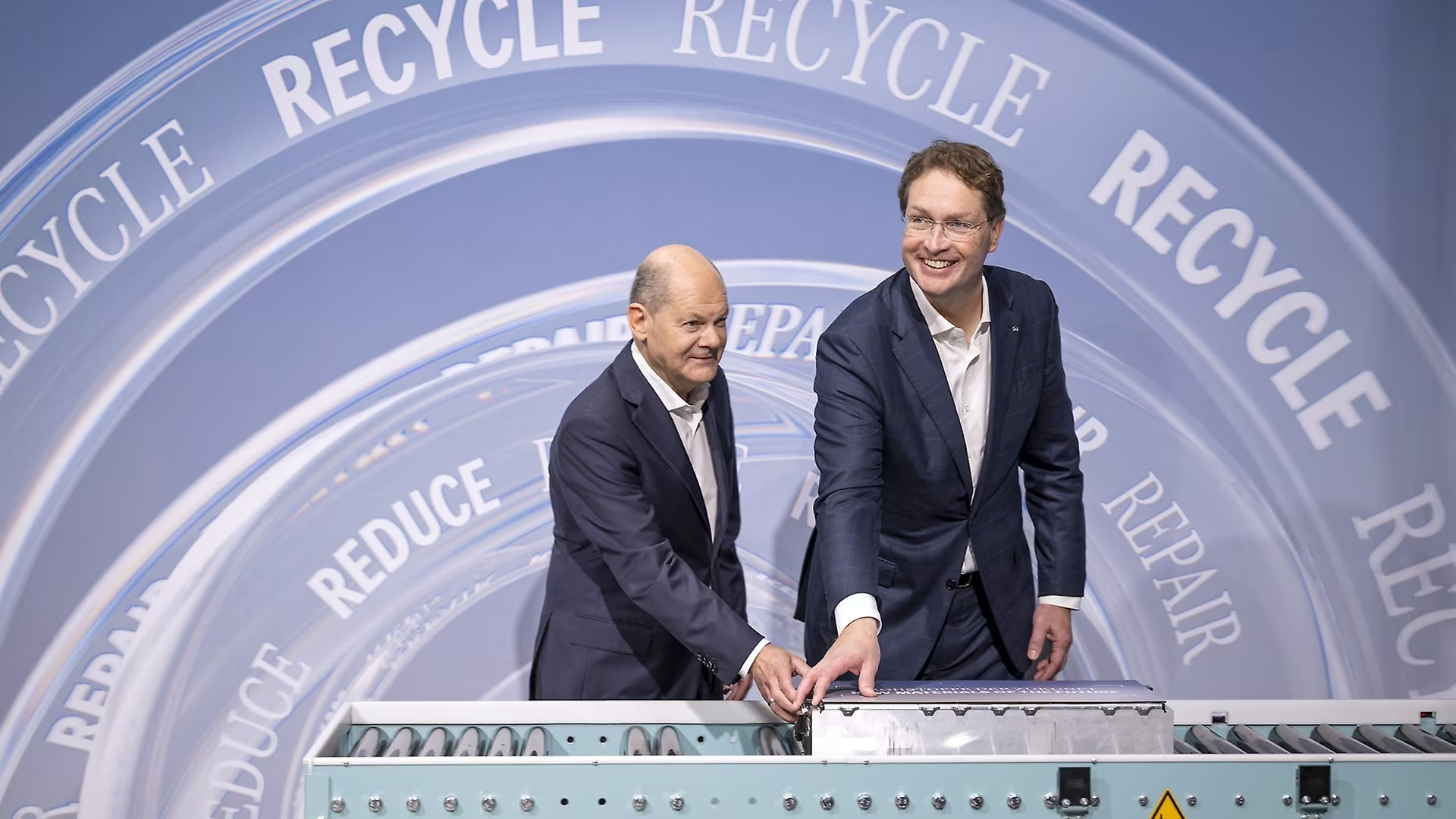The UK Foreign Secretary, David Lammy, has released a pivotal report showcasing Africa’s potential to become a key player in the global battery supply chain.
Unveiled at a growth and renewable energy reception in Lagos, the report –’From Minerals to Manufacturing: Africa’s Competitiveness in Global Battery Supply Chains’ – outlines investment opportunities that could boost Africa’s battery manufacturing sector.
Director for Economic Development and Partnerships at the UK Foreign Commonwealth and Development Office, Helen King, commented: “This report shows that investors should give serious consideration to Africa’s potential as a future manufacturer of batteries, not just a buyer.
“The UK Government has a clear mission to support global growth that is inclusive of people and planet, and this sector presents real opportunity for African growth and jobs.
“We look forward to engaging with policymakers and investors on taking forward the outcomes of this report and doing the hard work to realise the opportunity it represents.”
Africa’s competitive edge in battery minerals
Commissioned under the UK’s Manufacturing Africa programme in partnership with the Faraday Institution, the report reveals that refining essential battery minerals such as lithium, nickel, manganese, and copper in Africa could be up to 40% more cost-effective than in other regions by 2030.
This competitive edge could be achieved with the establishment of a single high-quality refinery for each mineral, which would generate approximately $6.8bn in annual revenue and create around 3,500 jobs within Africa’s battery supply chain.
Battery production prospects in Morocco and Tanzania
Beyond mineral refining, the report suggests that certain African nations like Morocco and Tanzania could produce batteries at costs competitive with Europe, especially with strategic support like subsidies.
For example, Morocco’s production costs could reach $72/kWh, while Tanzania’s could achieve $68/kWh, aligning closely with Europe’s $68/kWh rate. These figures underscore Africa’s potential to be a global hub in the battery supply chain.
The CEO of the Faraday Institution, Professor Martin Freer, added: “Given the abundance of critical natural minerals in Africa, African nations could play a significant role in the global battery supply chain if they could overcome investment, infrastructure and workforce challenges.
“The report contains a wealth of information and analysis on the subject that will be valuable to a variety of stakeholders, including potential investors in projects in other parts of the battery value chain beyond mining.”
Strategic partnerships and future initiatives
The Lagos event also highlighted partnerships with UK-based companies, including smart-meter firm SteamaCo and e-waste recycler Hinckley Recycling, both of which have invested in Nigeria’s clean energy sector.
Foreign Secretary Lammy emphasised the UK’s commitment to supporting Africa’s green energy journey, echoing his call for a Global Clean Power Alliance made in a recent address at Kew Gardens.
This report signals a new era of opportunity for Africa’s role in the battery supply chain, setting the stage for economic growth, job creation, and sustainable development in the global renewable energy landscape.









